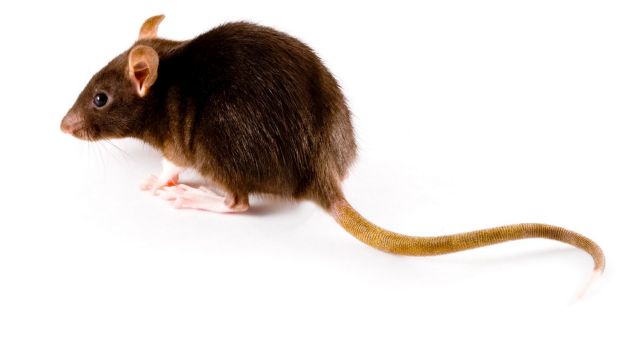Melbourne City Council says it is working closely with traders to combat "a number of incidents of rodent infestation" at Queen Victoria Market.
The city's environmental health officers are working with 13 market businesses that were rated "unsatisfactory" after pests were discovered at their premises during inspections conducted between between January 2015 and September 2016.

Council spokeswoman Claudine Ledwidge-O'Reilly said follow-up inspections found that all the traders had complied with required actions to manage and/or eliminate pests.
"The City of Melbourne acknowledges that there have been a number of incidents of rodent infestation at Queen Victoria Market," she said.
"As an open-air market with a large food retail area, Queen Victoria Market faces a number of unique challenges including pest control.
"We are working very closely with Queen Victoria Market traders to ensure they discourage rodent activity and comply with the regulations."
The market is undergoing the biggest redevelopment in its 141-year history, with new modern infrastructure expected to help alleviate the rodent problem, Ms Ledwidge-O'Reilly said.
"Over the next five years, the City of Melbourne will spend $250 million on the renewal of the Queen Victoria Market precinct – the largest single market renewal in the world right now," she said.
"Improved storage will be created both above and below ground with food preparation areas, waste-management facilities and cool rooms that will increase safety, efficiency and cleanliness.

"Produce will no longer need to be stored under tarpaulins, which will improve the integrity and security of food safety and hygiene and give customers an even better shopping experience."
A new market pavilion will be established in Queen Street in the second half of this year to allow businesses to continue trading during the redevelopment.
The council is working with traders on the design and fit-out of this site, which it says will include vastly improved storage, preparation and waste-management areas.
According to the council, rats and mice are common in high-density urban areas where there are more sources of food, shelter and water.
Increased building construction can also disturb their breeding and nesting habitats.
Queen Victoria Market chief executive Malcolm McCullough said a thorough pest-control program was in place.
"Two contractors service the seven-hectare site, with pest-control measures undertaken fortnightly in the open-air sheds and public spaces, and monthly in fixed shops and enclosed areas," Mr Cullough said.
"This pest-control program is in addition to the legal requirement of each stallholder to comply with the Food Act.
"Compliance with the Act is monitored by City of Melbourne environmental health officers."
